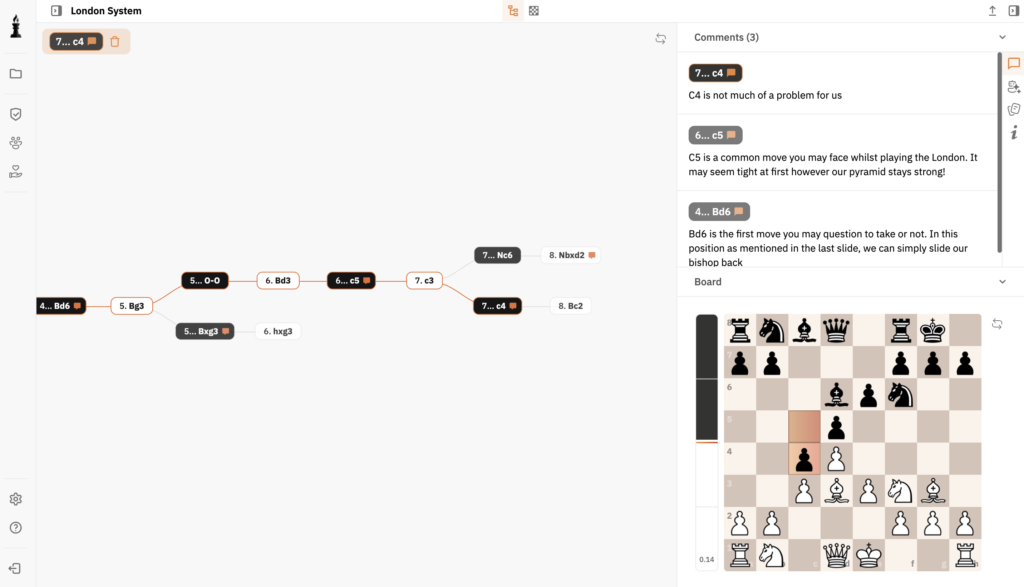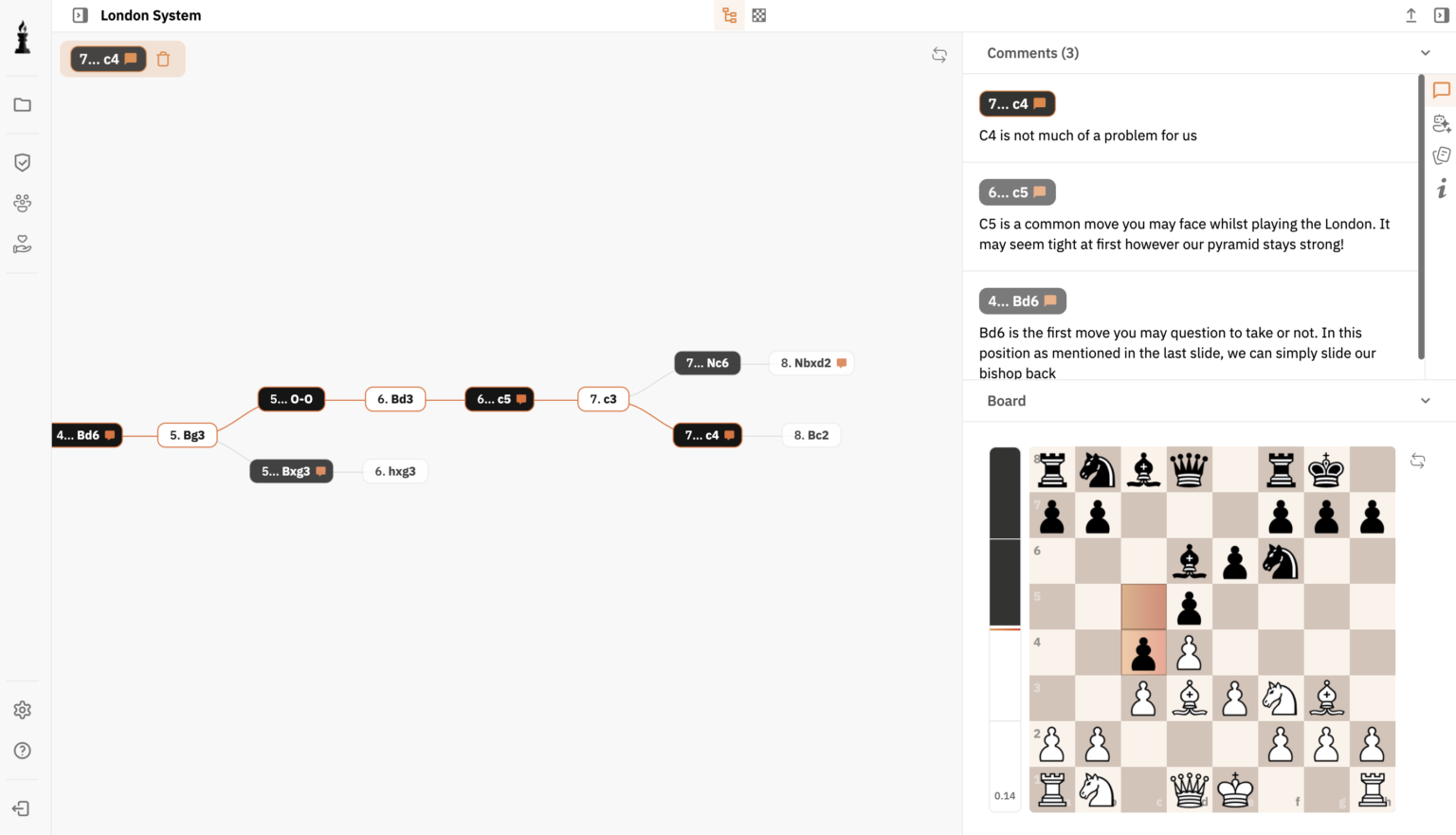Introduction
Chess is not only a game of strategy and tactics but also a powerful educational tool that shapes cognitive abilities. Contrary to common misconceptions, learning chess at a young age can significantly enhance mental acuity and critical thinking skills. This article discusses the impact of chess education on cognitive development, focusing on its role in schools and beyond.
The Educational Benefits of Chess
Cognitive Development
Chess requires players to think several moves ahead, predicting an opponent’s strategy while also planning their own. This mental exercise develops stronger critical thinking skills and improves memory, focus, and decision-making. Children engaged in chess show marked improvement in IQ scores and logical reasoning skills.
Problem-Solving Aptitude
Chess is a game full of challenges and hidden traps that require innovative solutions. The practice of resolving complex chess positions enhances problem-solving abilities, teaching students to approach problems from various angles and develop creative solutions. This aspect of chess training aligns closely with chess tactics, which include essential methods like forks, pins, and skewers.
Building Patience and Discipline
Chess teaches patience and discipline, crucial traits for academic success. In an era of quick-fix solutions and instant gratification, chess stands out as a game that necessitates prolonged focus and thoughtful consideration. Players learn to remain calm under pressure and avoid impulsive decisions.
Emotional Maturity
The emotional ebb and flow of a chess game mirror real-life highs and lows. While victory brings joy, defeat teaches valuable lessons in humility and resilience. Chess players develop the ability to manage their emotions, leading to better emotional control both over the board and in real-life situations.
The Role of Chess in Schools
Integrating Chess into the Curriculum
Schools around the globe, from New York to Yerevan, have integrated chess into their curricula. The game serves as a cross-disciplinary link, enhancing mathematical skills, binary logic comprehension, and even language arts. By teaching students the fundamentals of chess, schools equip them with lifelong skills applicable beyond the chessboard.
Chess Clubs and Competitions
Chess clubs in schools create a sense of community, bringing together students with diverse backgrounds to engage in friendly competition. Events such as chess tournaments increase student engagement, motivating them to continually improve their skills to earn titles like Woman Grandmaster (WGM) or International Master (IM).
Preparing for Future Success
Through chess education, schools prepare students for future success in academic and career environments. Logical reasoning, pattern recognition, and analytical thinking are skills sought after in all professions, from law to computer science, where technologies like Stockfish leverage similar cognitive abilities.
The Impact of Online Chess Education
Accessibility and Inclusivity
Online platforms and resources, such as the Chess PGN Editor and Online Chess Database, have made chess education more accessible than ever. Students and educators can now access instructional materials and engage in remote learning, overcoming geographical barriers.
Tools for Analysis and Improvement
ChessFlare’s Chess Games Analysis tool allows players to learn from their mistakes. By analyzing famous games and learning about tactics like opposition and concepts like chess strategy, players refine their approach and enhance their repertoire.
Conclusion
Chess as an educational tool fosters critical thinking, emotional maturity, and greater patience, preparing students for challenges in life and career. Integrating chess into educational systems and embracing online resources heralds a new era of cognitive development, promising an enriched learning experience.
ChessFlare offers numerous tools, including Import/Export .Pgn Files, to help educators and students alike make the most of their chess experiences.
Chess improves memory, focus, and decision-making by forcing players to think ahead, visualize moves, and solve complex problems. These activities develop critical thinking and analytical abilities.
Chess enhances logical reasoning and problem-solving skills among students, teaches patience and discipline, and fosters a sense of community through competitions and chess clubs.
Online platforms provide accessible resources and analytical tools for chess education, allowing players to learn remotely, engage with various materials, and improve their skills through analysis.
Chess teaches emotional control, patience, and resilience by introducing players to high-stakes decisions and outcomes, such as wins and losses, mirroring the challenges of real life.





